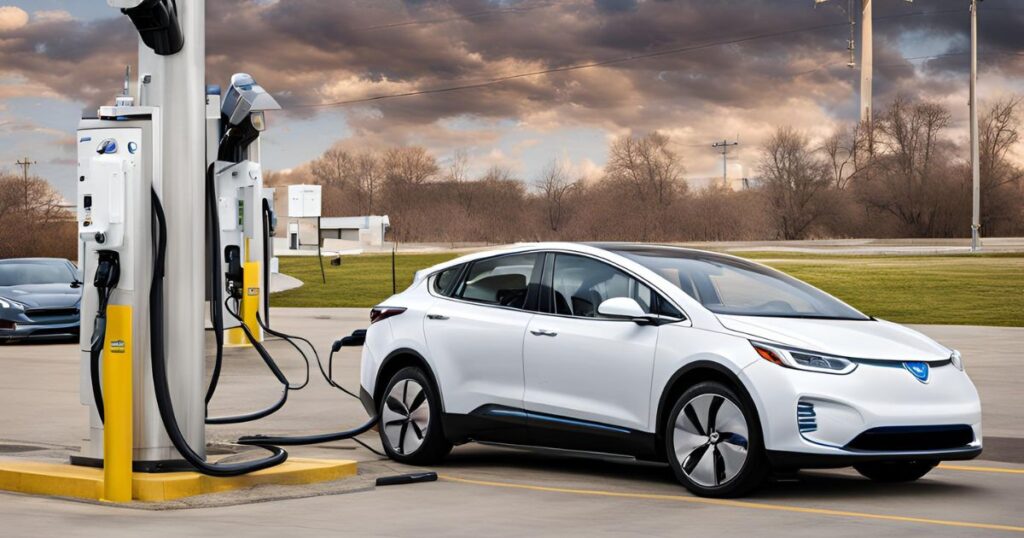Coalition Sues EPA over New Vehicle Emissions Standards
A coalition of agricultural and automotive organizations have joined forces with the American Petroleum Institute (API) to sue the U.S. Environmental Protection Agency (EPA). The group includes the American Farm Bureau Federation, National Corn Growers Association, and major auto dealers representing 16 brands across the country. They filed their challenge in the D.C. Circuit Court of Appeals, contesting the EPA’s new light-duty and medium-duty vehicle emissions standards for model years 2027-2032. The lawsuit alleges that the EPA has overstepped its given authority by favoring electric vehicles (EVs) over other climate solutions.
Plaintiffs’ Arguments
The group claims that the EPA’s new emissions standards disproportionately favor EVs and neglect the role corn ethanol plays in reducing greenhouse gas (GHG) emissions. Harold Wolle, President of the National Corn Growers Association, argues that corn ethanol is an effective, immediately available solution to combat climate change, while the transition to EVs could take decades. Zippy Duvall, President of the American Farm Bureau Federation, expresses fears that the new standards could undermine farmers’ sustainability efforts and investments, with the insufficient rural charging infrastructure making EV transition impracticable for farmers.
Industry and Consumer Implications
The involvement of the API highlights the wider economic and security implications of the EPA’s regulations. Ryan Meyers, API Senior Vice President and General Counsel, suggests that the regulations could phase out most new gas cars and traditional hybrids within ten years, posing potential threats to manufacturing jobs and energy security.
EPA’s Emissions Standards
In March, the Biden administration finalized ambitious federal vehicle emissions standards intended to significantly reduce GHG emissions from light- and medium-duty vehicles. It stipulates that by 2032, 68% of new passenger vehicles and 43% of new medium-duty trucks and vans must be electric, as part of a broader strategy to combat climate change and promote sustainable transport.
Legal Basis of the Challenge
The coalition alleges that the EPA’s new rule exceeds the legal authority granted by Congress and is unreasonable and unjustified under 5 U.S.C. §706(2)(A) and (C). They request that the court overturn the EPA’s decision for failing to comply with these legal standards, pursuant to 42 U.S.C. §7607(b)(1).
The lawsuit highlights the intricate relationship between environmental regulation, agricultural interests, and the automotive industry. Its outcome could significantly impact vehicle emissions standards, the use of renewable fuels like ethanol, and the pace of EV transition in the U.S.
Original Story at www.environmentenergyleader.com
